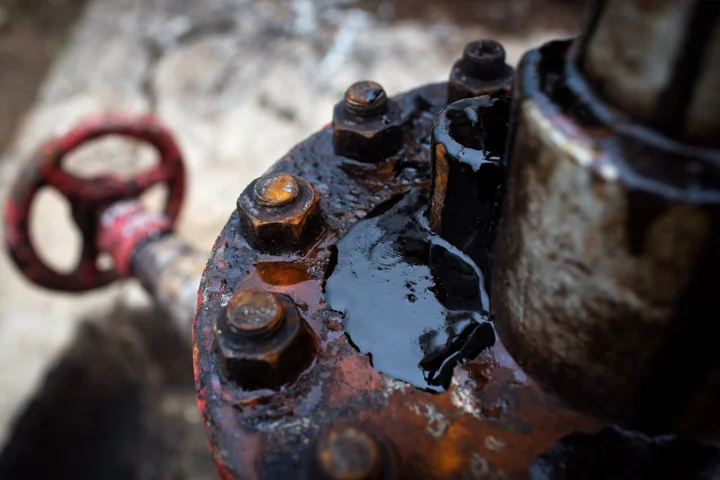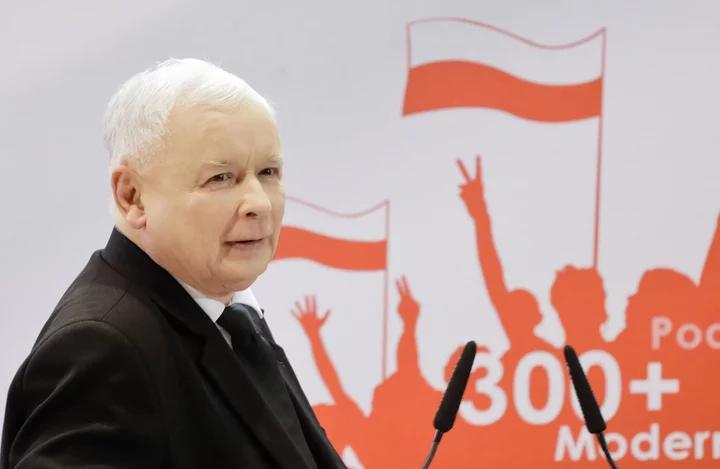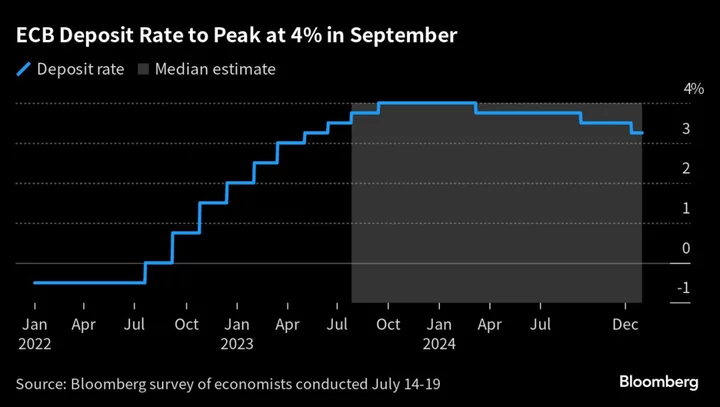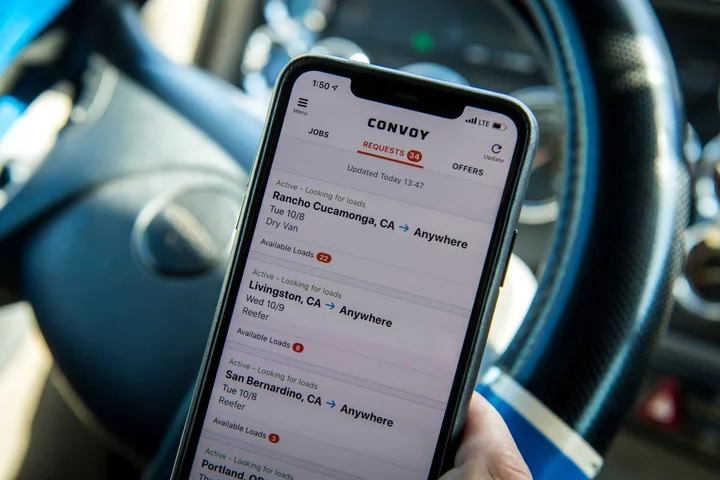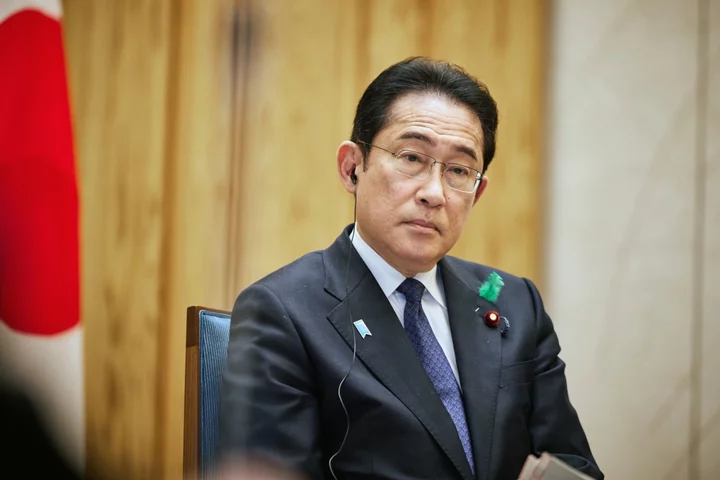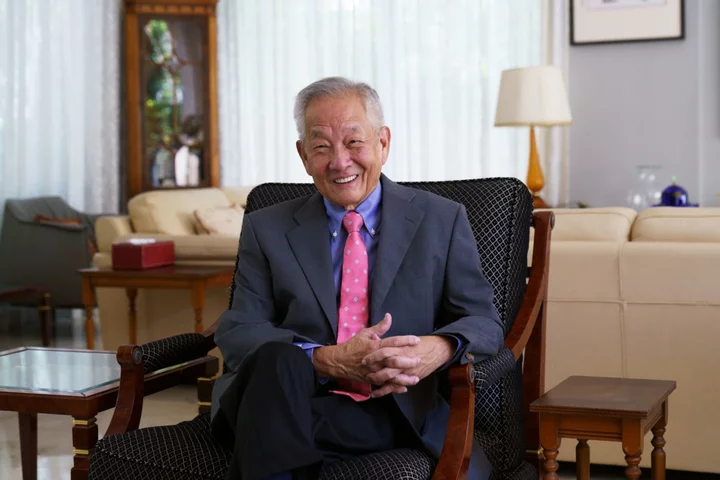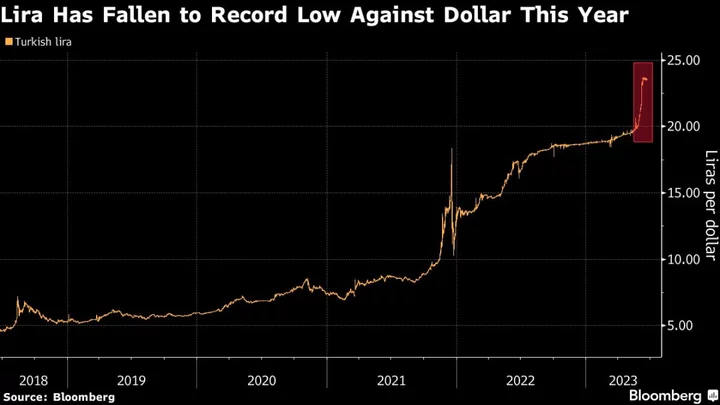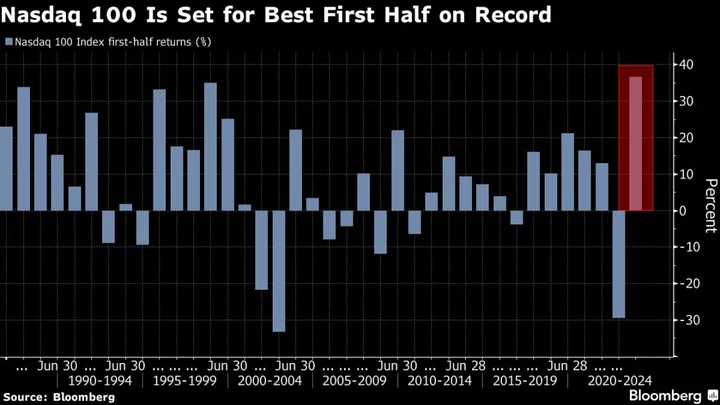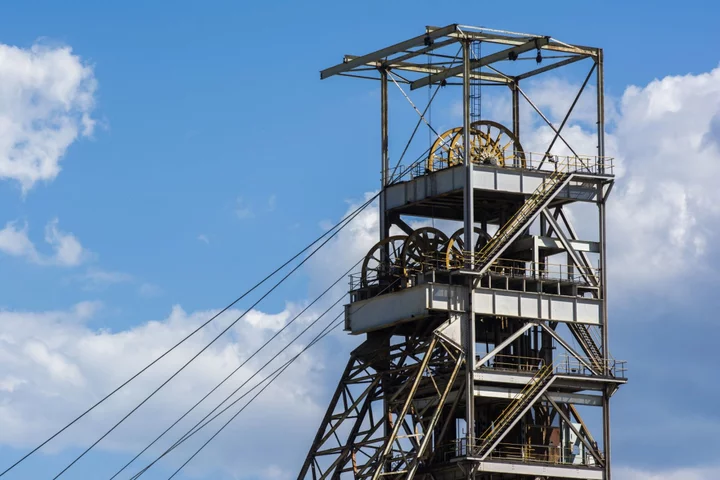Turkey probably won’t accept a request from Baghdad for oil exports through the port of Ceyhan to resume on Saturday, according to a Turkish official familiar with the matter.
Iraq’s oil minister said late Thursday he was optimistic about a resumption over the weekend, causing the shares of some energy companies operating in northern Iraq, including DNO ASA and Gulf Keystone Petroleum Ltd., to rise.
Crude shipments of almost half a million barrels a day — most of them from the Kurdish region of Iraq — have been halted since March 25. Though Brent crude futures have slumped in the past month to below $76 a barrel on concerns about the global economy, the Ceyhan outages have reduced supplies for some importers in Europe.
The halt came after Turkey closed a pipeline running to Ceyhan from northern Iraq. Ankara was responding to an international tribunal ruling that it owed $1.5 billion for allowing the semi-autonomous Kurdistan Regional Government to export oil from Ceyhan without Baghdad’s approval.
Iraq brought the case against Turkey at the Paris-based International Chamber of Commerce as part of a broader attempt to rein in the KRG’s independence.
Officials from Turkey, which has elections on Sunday, have previously said they want to negotiate the $1.5 billion settlement before reopening the pipeline and the port to Iraqi flows.
Turkey has told Iraq that maintenance works at the port to fix damage cause by recent earthquakes are still happening, an Iraqi official said.
“The prolonged closure of the Iraq-Turkey pipeline is very disappointing and, although there continues to be speculation regarding the timing of resumption of exports, we cannot predict with any certainty when exports will recommence,” Genel’s chief executive officer, Paul Weir, said on Thursday.
Iraq’s federal government and the KRG normally send around 450,000 barrels a day of crude through Ceyhan. That’s about 10% of Iraq’s total production, most of which is exported from southern ports on the Persian Gulf.
(Updates with Genel comments.)
Author: Firat Kozok and Khalid Al-Ansary

